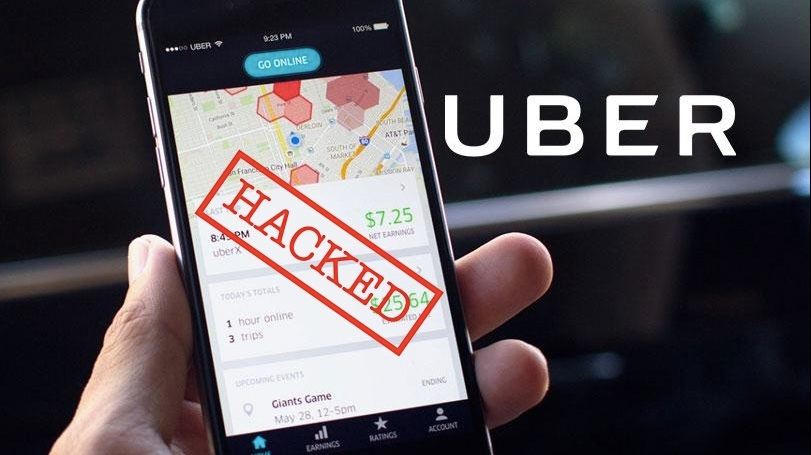1 comment

When you sign-up with Uber or Lyft, you’re prompted to put in your name, your phone number, your device data, your location information, your credit card information, and more. You’re asked to verify who you are and where you are, and people have started to question…is that safe? Is it okay to have all of my data stored on this type of ridesharing app? After all, the security of apps can be breached.
The information and privacy policies for both Lyft and Uber are extensive and can be viewed on their websites. The concern about ridesharing and data is that companies have a large amount of their customer’s and employee’s data and are able to do whatever they want with it. Uber even admits this within their privacy policy by stating that, “Uber is subject to laws and regulations in many cities and countries that require it to collect and retain information about your trips, to retain such information for extended periods of time, and to provide copies of such information to governmental or other authorities.”
So, while the app may screen their drivers and put other safety measures in place, it still shares customer data for a variety of reasons. It may be with local law enforcement, or it may be within their own office to achieve higher standards. Because of the nature of this shared data, the apps must work to actively protect riders and drivers from external data breaches. It was revealed last year that in 2016 an Uber data breach occurred involving 57 million riders and drivers. Uber failed to disclose this breach to its riders causing many Uber users to fear that their information was in the wrong hands.
In addition to Uber and Lyft’s responsibility to ensure that they have the security to protect employee and consumer privacy, it also means that riders must take steps to improve their own privacy. Just like physical safety during ridesharing, data security is a dual effort and requires the help of YOU.
Where your data is a concern, you can never be too careful. Unfortunately, we live in a world where data breaches exist and are becoming more and more devastating. Fortunately, there are steps that you can take to become more cautious when it comes to your data.
There are risks to any service. Proceeding with the proper precautions can ensure that you protect your privacy. For more information on the best way to travel in your area (Uber, Lyft, taxi, limo, etc.), check out the RideGuru Fare Calculator.
Comments
Ridesharing services like Uber and candy clicker have revolutionized transportation, offering convenience and accessibility. However, the widespread use of these services raises important questions about the safety and privacy of your personal information.